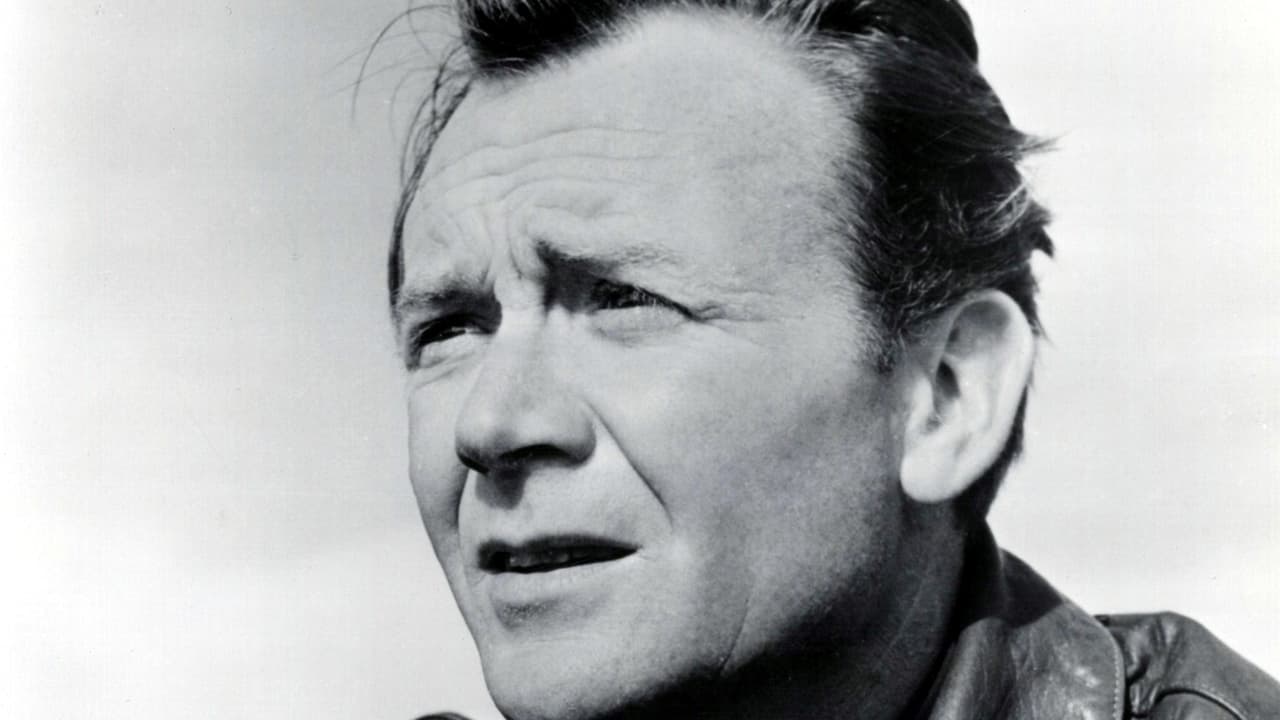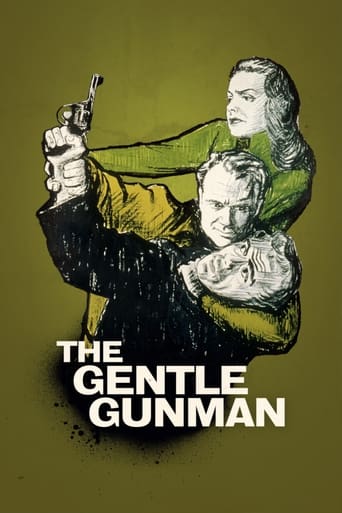



Highly Overrated But Still Good
Dreadfully Boring
The performances transcend the film's tropes, grounding it in characters that feel more complete than this subgenre often produces.
View MoreThe movie runs out of plot and jokes well before the end of a two-hour running time, long for a light comedy.
View MoreDirected by Basil Dearden and adapted to screenplay from his own play by Roger MacDougal, The Gentle Gunman finds John Mills and Dirk Bogarde as brothers in the IRA circa 1941. Matt (Bogarde) is the young and hungry in the name of the cause brother, Terence (Mills) has grown tired of the violence and questions the IRA's methods. This puts a strain on their relationship, whilst it also puts Terence on a collision course with the IRA superiors who brand him as a traitor.The Irish Troubles has never been an easy subject to broach in movies, the political stand point of the film makers invariably leaning towards bias. Whilst critics and reviewers have to battle with their own convictions when trying to stay firmly on the fence. The Gentle Gunman is an attempt at being an anti violence movie, one with a "gentle" pro British slant from that most British of film studios, Ealing. Unfortunately it's tonally all over the place, awash with a mixed bunch of characters that range from apparent comic relief, to rabid Irish terrorists and a town crier like British bigot. Things are further put into the realm of the unbelievable by Mills and Bogarde trying to hold down Irish accents, a shame because without the fluctuation of the vocal chords the performances are rather good.It's also a bit too stagey and the pace often drags itself into a stupor, making the adequate action scenes act more as a merciful release than anything truly exciting. On the plus side the film looks amazing at times, with Gordon Dines (The Blue Lamp) on cinematography dealing firmly in film noir filters. Which goes some way to explain how the film has come to be in a couple of reference books about British noir. But really it's a marginal entry and all told it's just a routine drama from a Studio who were much better in other genre spheres. 6/10
View MoreTwo reasons for picking it up, Gilbert Harding in a film (my only knowledge of him was Whats my line and the Face to Face), and an Ealing film.I had known the IRA had bombed London in the war, and it was an interesting take on the story. The IRA cell get sprung (but are chased by the police in an unresolved plot end) but for the time it is even handed. I cant imagine Hollywood making a film that has sympathetic Al Qaeda characters.Yes it is wooden acting, but it passed an evening, I also picked up two Will Hay Ealing films at the same time, which I have yet to watch. The connection being that Oh Mr Porter! is a film about IRA gunrunning.
View MoreI could only rate this 5/10 mainly because of the atrocious casting.I do not accept Ealing Films could not cast this film in 1952 with more authentic Irish actors in the principal roles.Consider they casted these leads:John Mills, Dirk Bogarde (English) wobbly accents, Robert Beatty (Canadian) wobbly accent, Elizabeth Sellars (Scottish) wobbly accent.Ironically Eddie Byrne whom I always thought as Irish was actually born in Birmingham, England and Barbara Mullen was actually born in Massachusets, USA.A real mixed bag of actors and accents which completely destroyed the believability of this film for me.I suppose their drama academies had not taught them authentic Irish accents and had dredged every vernacular out of them in their quest for received pronunciation.The part of "The Gentle Gunman" I enjoyed most were the verbal duels of Gilbert Harding ("What's My Line 1950s BBC TV version;Face to Face with John Freeman) with the actor who played old doctor O'Loughlin (from "A Night To Remember" 1958) and a Mrs Doyle (Father Ted) type woman operating the telephone exchange at an Irish post office.Film producers have an awful tendency to romanticise IRA type figures in films.
View MoreThis small gem of a thriller is set in the ambiguous battleground of Northern Ireland during World War Two, where a hotheaded young Irish patriot (i.e. terrorist) learns his older and wiser brother (a disenchanted ex-IRA soldier) has been suspected by his old comrades of duplicity. It may not be a classic, but the film offers plenty of action, some unobtrusive melodrama, and a script that never strays too far from the larger issues. The optimistic ending may ring false, but it at least provides a memorable punch line, when an Englishman and his Irish companion are shown celebrating their differences with a toast. Says the Britisher: "To England, where the situation is serious but never hopeless", to which the Irishman replies: "To Ireland, where the situation is hopeless but never serious."
View More